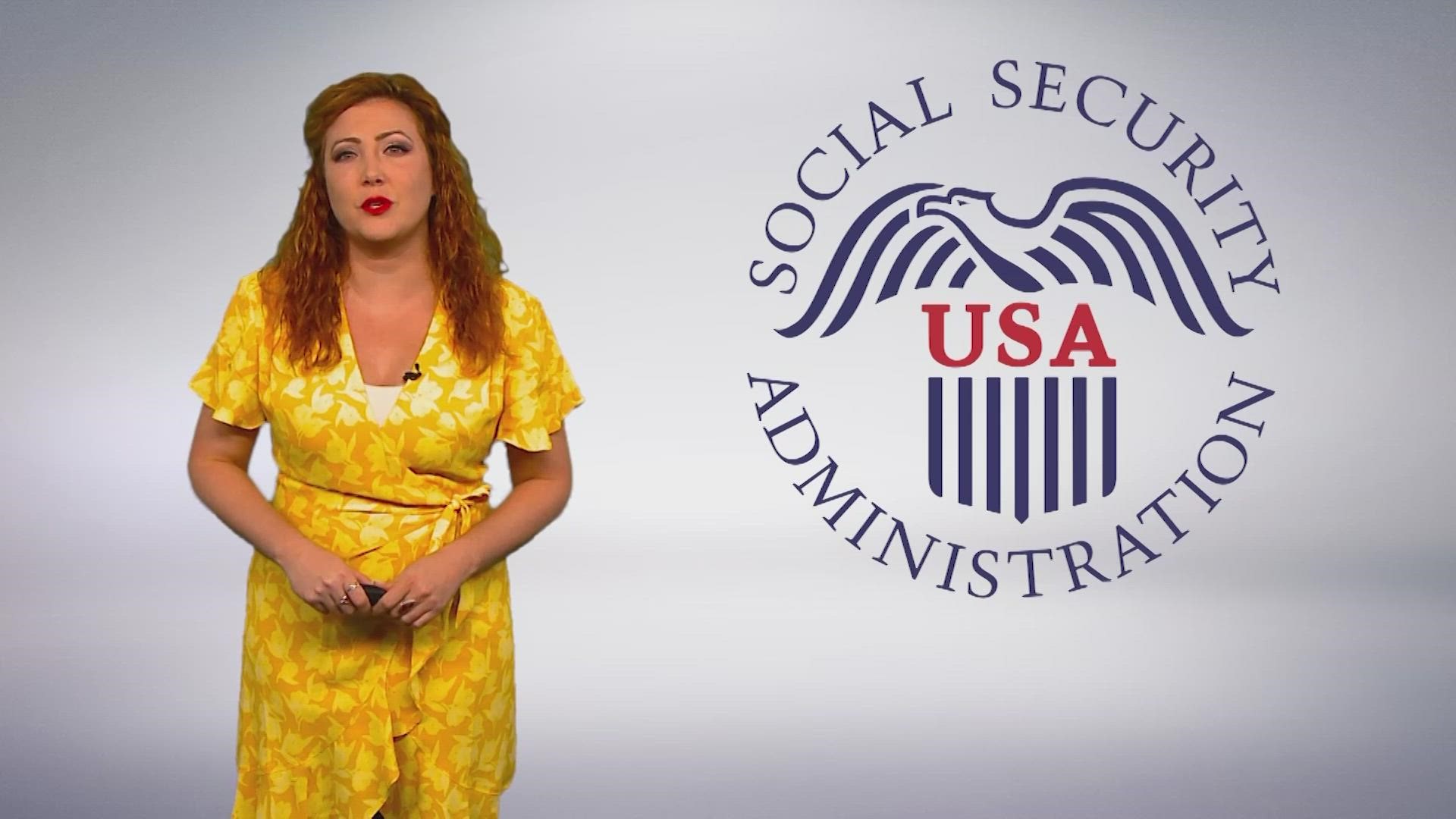HOUSTON — A new report from the Social Security Administration predicts funds will run out sooner than previously expected and the pandemic is to blame.
How Social Security works
Before we dive into the report, here's a quick refresher on how Social Security works.
Congress created four different trust funds managed by the United States Department of Treasury: two for Social Security, two for Medicare.
The Old-Age and Survivors Insurance Trust Fund pays retirement and survivors benefits. The Disability Insurance Trust Fund pays disability benefits.
Money for those funds comes from the American working class. A sliver of every paycheck goes into a big pot. Then, the government pays people who are eligible out of that pot. The thing is, that pot is starting to look mighty empty.
2021 trustees report
Every year, the Social Security Administration releases its trustees reports. The one that came out on Aug. 31 factors in the effects of the COVID-19 pandemic. There are substantial effects: employment, earnings, interest rates and GDP all dropped last year.
Looking ahead through 2023, the SSA predicts the GDP won’t fully rebound, that more people will die from COVID-19 and that fewer children will be born. In short, that means less money is going into Social Security than is coming out.
That’s why in this year’s report, SSA predicts the OASI Trust Fund reserves will dry up in 2033, a year sooner than previously predicted. As for the DI Trust Fund, reserves will run out eight years ahead of previous predictions -- in 2057.
Those trust funds will still be able to do payouts, just not full benefits.
What happens next?
So what happens to all of us who’ve been paying in for years, but who haven’t retired yet? Does this mean we’re out of luck? If nothing changes, yeah, it does.
SSA has leaned on Congress for decades now, asking lawmakers to do something to protect the programs.

